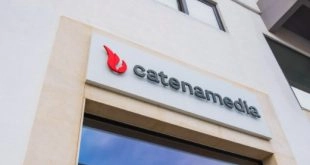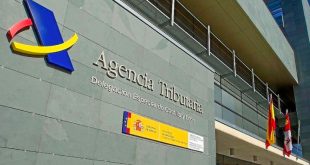The Gambling Commission has explained its motivation behind some of the changes in its annual fee structure which will see a number of remote operators facing higher costs than before, while many other operators will see a much greater reduction.
Overall there will be fee reductions for around 1,900 operators while fees will be held at their current levels for around 1,000 operators, and around 75 operators will be subject to an increase in fees.
In a response to submissions regarding its consultation document on fees, the Commission revealed that it had been asked to explain the increase in fees for medium-sized and large remote operators. The Commission estimates that 11 medium-sized or larger remote betting operators would see an increase in fees, but deliver ‘significant’ fee reductions for 100 much smaller remote betting operators, the majority of which have a GGY below £5m.
Operators with GGY of £15m+ will see an increase in annual fees:
- £15m – £55m – was £38,123 – now £46,687
- £55m – £110m – was £48,893 – now £75,227
- £110m – £220m – was £74,012 – now £137,453
- £220m – £550m – was £117, 746 – now £281,058
- £550m+ – was £155,425 – now £494,856 (with additional £200k for every £500m GGY above £1bn)
The regulator explained: “The Commission’s overall costs in respect of remote betting have reduced, enabling an overall reduction in the fees payable by remote betting operators as a whole. It is therefore a question of how those costs should be recovered. A large proportion of the Commission’s cost base can be described as thematic, in contrast to other costs such as direct compliance or enforcement costs, and the largely fixed costs of regulating each operator.
“Thematic costs in respect of remote betting operators include, for example, betting integrity, the development of Licence Conditions and Codes of Practice (LCCP) and Remote Technical Standards including the testing strategy. As there are very few economies of scale available to the Commission in these costs, it is appropriate that they should be recovered in proportion to the gambling volume generated by each operator, with GGY considered to be the best measure in that regard. While we have sought to realign cost recovery among other sectors of the gambling industry as necessary (for example, in the terrestrial betting sector), the need for that realignment is most pronounced in the remote betting sector.
“Since 2007 when fees were first set, the Commission’s cost profile has changed. The fixed, minimum costs of regulating smaller remote operators have fallen (which is why the proposals would see the smallest fee for a remote general betting (standard) or betting intermediary licence reduce from £13,529 to £3,408). However, its thematic costs base has continued to grow. The fees for large remote betting operators are currently set at too low a level to recover a fair proportion of thematic costs given the relative volumes of gambling they generate. The proposals therefore seek to ensure that thematic costs are spread more proportionately to GGY.”
The Commission also noted that those remote betting operators subject to an increase will only be a relatively small increase when they are introduced in April. “We anticipate that their new annual fee as a percentage of their GGY will be only 0.09% to 0.27% for a medium-sized betting operator as described above, and between 0.06% and 0.13% for a larger remote betting operator.”






